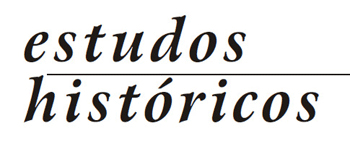Abstract
The social rhetoric of fascist contrasts with the modest achievements of the social security systems they have implemented. Starting from a problematization of the political and social nature of the fascisms, this article analyses the social policy of the Portuguese New State (1933-1974), a dictatorial regime with some fascist characteristics. Its approach rests on an interpretative axis which is uncommon to historiography: the strained and hostile historical relations between the corporatist system of welfare built up by the New State and the volunteer tradition of the social economy, both coming either from a socialist tradition or from a liberal one. It highlights the tensions between corporatist institutions (national trade unions and others) and the labor mutualistic institutions. The article examines welfare and social assistance mechanisms of the Portuguese fascism between the 1930s and the end of World War II. The text concludes with a critical review of the corporatist system, based on contemporary debates.
Keywords:
Social insurances; welfare; fascism; New State, Corporatism; Portugal
